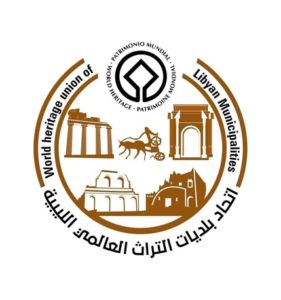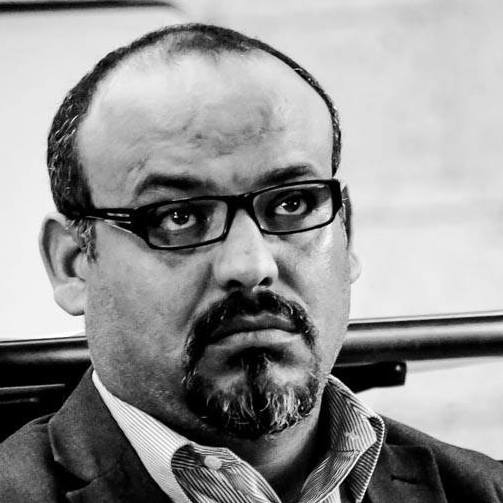The role of cultural heritage in national reconciliation in Libya
Prepared by: Dr. Ahmed Issa Faraj Al-Hassi
Associate Professor in Management and Protection of Libyan Heritage
Department of Archeology\Faculty of Arts\Omar Al-Mukhtar University
Member of the Scientific Committee of the Union of the Five Libyan World Heritage Municipalities

The role of cultural heritage in national reconciliation
Cultural heritage has many values that have great influences and are extremely important in modern societies, and all peoples are striving to ensure the survival and sustainability of their heritage. Cultural heritage represents a powerful tool for a sense of national identity and social integration because the importance of civilizational and cultural successes in the past is capable of enhancing awareness of belonging to society in Nowadays.
The complex crises that Libya went through (cultural, social, economic, security, and political) constituted and continue to constitute a real and major challenge in the work of comprehensive national reconciliation and create complex difficulties in building a comprehensive national identity for all Libyans.
There is no doubt that confronting these complex crises requires multiple paths, each path must have its plans and tools developed in harmony with the comprehensive national reconciliation project that is being taken into account and supervised by the Presidential Council of the National Unity Government.
Libya is a country of diverse cultural heritage:
Libya is a country of rich diversity, formed from a mixture of contemporary and successive civilizations and cultures that settled on Libyan soil. Where human settlement has not ceased since prehistoric times, and Libyan civilizations have flourished there (in Germah in the south and Sultanate in the east), the best example of it. The lands of Libya also received Phoenician settlers coming from Tire and Sidon (Lebanon) and they lived next to the Libyans, founding cities and cultural centers that became famous. In history (perhaps the most important of them are: Oia, Leptis Magna and Sabratha). The Greeks also found refuge in Libya to solve their economic crises. The Libyans welcomed them and their relationship with them varied between friendliness and war. The Romans and their civilization also had an important role in Libya.
This diverse cultural heritage blended with the civilization of Islam, which came to Libya and the Arab Maghreb in general in the seventh century AD.
Diverse cultural heritage and its role in promoting national unity and building peace:
Cultural diversity ensures respect, adaptation, and the quest to crystallize a comprehensive cultural identity. The term Libya or Libyan has a geographical, cultural, and historical connotation, and it was also ideological (as archaeological and historical studies indicate).
The geographical meaning includes an extraordinary diversity (coastal areas, mountainous areas, desert areas, and semi-desert areas). Each of these areas has a different climate and the conditions of life there are also different. As well as the historical meaning and the archaeological meaning.
Cultural heritage also embodies one of the pillars of identity. Identity is always defined as combining three elements: the belief that provides a vision of existence, the language in which it is expressed, and the long-term cultural heritage. Cultural identity is also defined as its existence prior to the existence of the individual.
The Libyan identity is present in the cultural diversity that this land (Libya) has enjoyed. Libya, which was mentioned in ancient sources, in the book of Herodotus, Book IV, “fifth century BC,” and he called it all of the region located to the west of the Nile River, and sometimes it was called the continent. In its entirety.
Foundations for building a national project for the role of cultural heritage in national reconciliation:
Several main points can be developed for a national project on the role of cultural heritage in national reconciliation:
- Cultural identity crisis in Libya.
- Diversity in Libya is an element of strength.
- The historical dimension of Libya.
- Accepting others, influencing them, and being affected by them
- Highlighting the Libyan role in human civilization.
- Commonalities.
To download the article from here.


